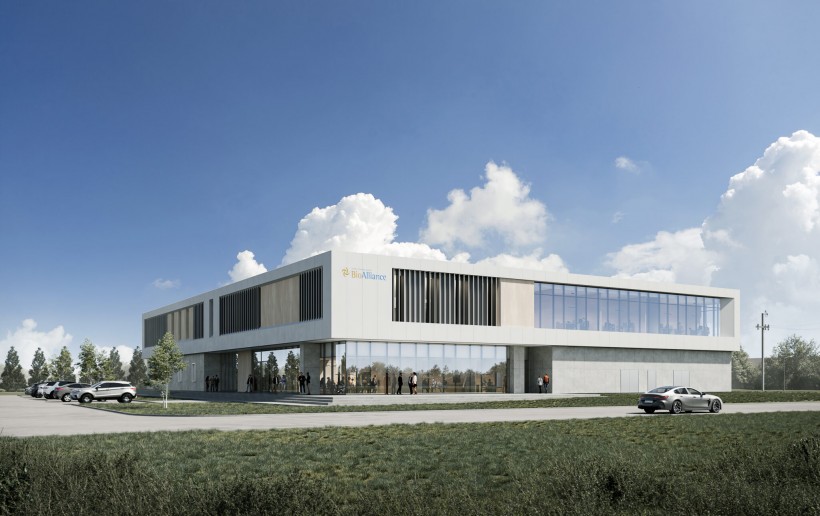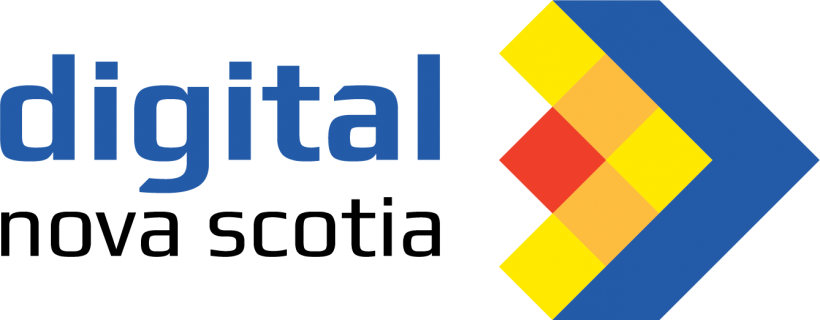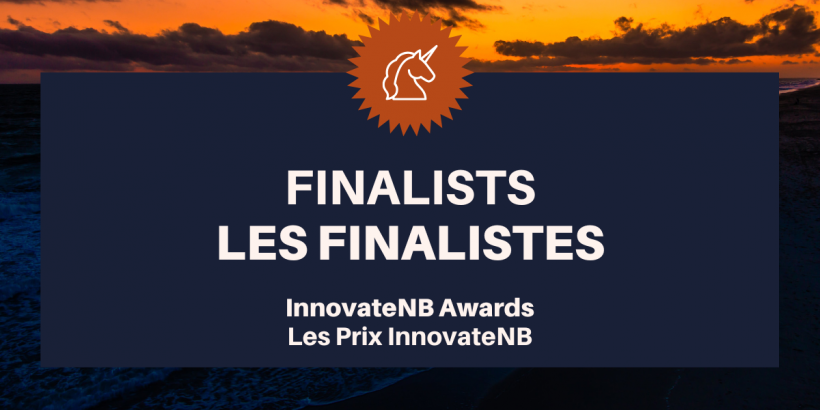Fredericton-based Kognitiv Spark has launched a sweeping revision of its main product offering that it says includes more robust spatial computing abilities, referring to the process of visualizing a digitally rendered object in a real-world environment.
RemoteSpark, as Kognitiv dubs its software, uses augmented reality and mixed reality to help remote workers use complicated equipment. If a worker needs instructions or to perform repairs, a supervisor in a main office can use augmented reality to guide their activities.
Kognitiv said in a statement RemoteSpark 2.0’s more sophisticated approach to the process reflects the growing “maturity” of the company’s technology.
“With RemoteSpark 2.0, we are focusing more than ever on performance support for the modern worker,” said CEO Yan Simard. “The first generation of the software was about helping them troubleshoot very high-stakes situations with the help of an expert. With this new release, we are empowering these workers to do more tasks every day without necessarily needing the expert to help them out.
“In that way, we are starting to change the way industrial companies are behaving. Instead of using mixed reality once a year as a ‘break-glass solution’, it is rapidly becoming part of standard operating procedures.”
Founded in 2016 by current CTO Ryan Groom, a cybersecurity specialist, and COO Duncan McSporran, a former British Army officer, Kognitiv so far has offices in Halifax, New Brunswick and the United Kingdom. Simard said in 2022 he was aiming to reach 50 employees by this year.
The company said its software not only offers buyers operational benefits, but tends to increase employee satisfaction and retention by making their jobs easier.
For example, Kognitiv’s HoloLens headset can be used to deliver training materials in a more digestible fashion, letting workers learn new tasks or information more quickly.
Last year, Kognitiv raised $4.7 million from London-based Foresight Group and the New Brunswick Innovation Foundation to help expand its push into the British and American markets.
Lead investor Foresight Group made a $4.2 million investment with money from its Foresight Williams Technology Fund, a joint venture between Foresight and Williams Advanced Engineering, an engineering service company. NBIF paid the remaining $500,000.
And in January, Kognitiv and the Atlantic Canada Opportunities Agency said they would jointly fund a new augmented reality lab at the University of New Brunswick.
Dubbed the Spatial Computing Education, Training & Research Laboratory, or SPECTRAL, the lab will collaborate with private sector players in the aerospace industry on research and development work, with a particular focus on digitizing their supply chains.








